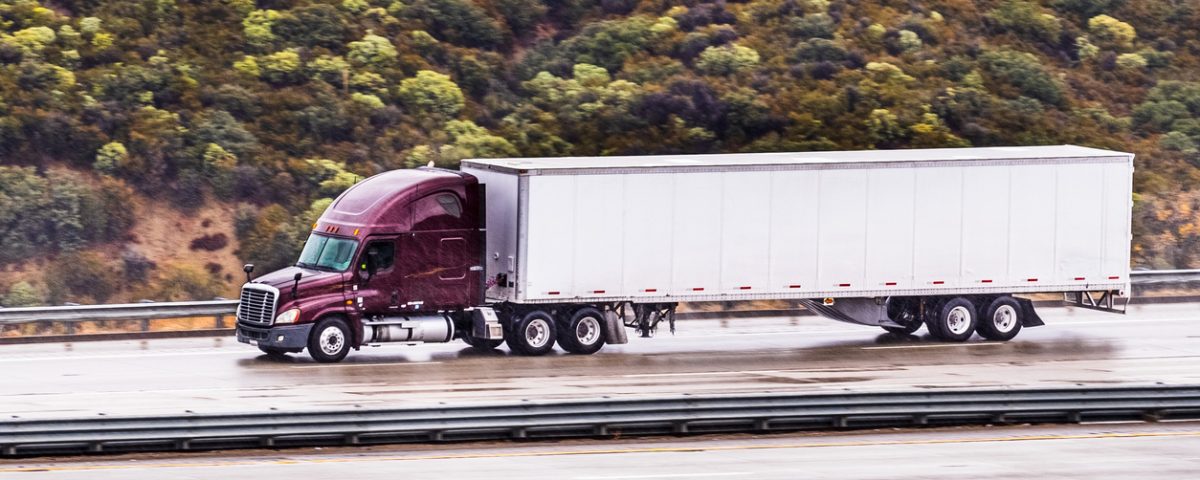
How Outsourcing Transportation Management Will Improve Your Logistics Operation
March 11, 2020
Understanding Transportation and Logistics Terminology Part 1
April 1, 2020How to Choose Between Intermodal and Truckload for Your Shipments

There are multiple options when it comes to getting your freight from where it is now to where you need it to be, it’s not always easy to decide which way is the best. Plus, there is the tendency to choose the mode that you’ve always used without considering alternative options, options that you may not be aware of. Case in point, intermodal and truckload are two options that are most commonly confused. As they both have advantages and disadvantages. It’s often hard to determine when it is best to choose one over the other. Understanding the differences between them will help you make the best choice.
Intermodal Shipping
Intermodal shipping moves goods using multiple modes of transportation. Usually, intermodal involves a truck transporting a container to a railroad for the long-distance of the shipment. Then a truck picking the shipment from the railroad to complete the delivery.
Intermodal is priced as a predetermined cost per load (rate sheet or negotiated) rather than cost per mile, as is common in trucking. The rail portion of intermodal is also four times more fuel-efficient compared to truckload. It can move a ton of freight 450 miles on a single gallon of fuel.
Truckload Shipping
Truckload shipping is one of the most direct methods of transportation when it comes to transit times. As a result, it is often faster and more streamlined. This method of shipping is one truck and one driver. The goods get picked up and delivered with no stops or transitions.
Shipments that are under 500 miles in distance are well suited for truckload as cost and speed of delivery is best. Truckloads offer options such as flatbed, refrigerated trailers, partial truckloads, oversized /heavy-haul, and expedited trucking. Thus, giving you the options and flexibility, you need to get your shipments to goods to the final destination on time.
How to Choose Between Intermodal and Truckload?
Each situation will need to be evaluated as to whether you choose intermodal or truckload. However, there are some guidelines that will make choosing easier.
With intermodal, there are cut times at the ramps to hold transits, and if there are issues on the rail, then the options are limited in that the container is on the rail until it is at the destination ramp. Meaning once it is loaded on the well car, it cannot be removed. If your shipment is high volume, a distance over 500 miles, and a forgiving timeline, then intermodal will be your most cost-effective option.
Truckload transportation can transport more weight per load than intermodal. That is because, with intermodal, the chassis total weight is increased with the container on the rail sled. Truckload is far more flexible than intermodal, as there are no ramp locations, mileage to the rail, and the distance from the ramp to the destination. When you have time-sensitive shipments, less flexible timelines, and fragile products, truckload transportation will be the best choice.
The most important thing is to consider all of your options. Be sure not to choose a mode because it is always the way it had been done.
Work with A Knowledgeable Logistics Provider
If you are unsure about the best way to get your goods from destination to final origin, working with a knowledgeable third-party logistics provider will help. Global logistics providers have extensive carrier networks for both intermodal and truckload. With high levels of service, support, and tracking no matter which you choose. They can help you get your goods where they need to go in a timely manner and for the most cost-effective price. Thus, giving you more time to focus on your business and less time worrying about shipping. Contact PPLUS to receive our “Best in Class” custom solutions for your global shipping needs.
